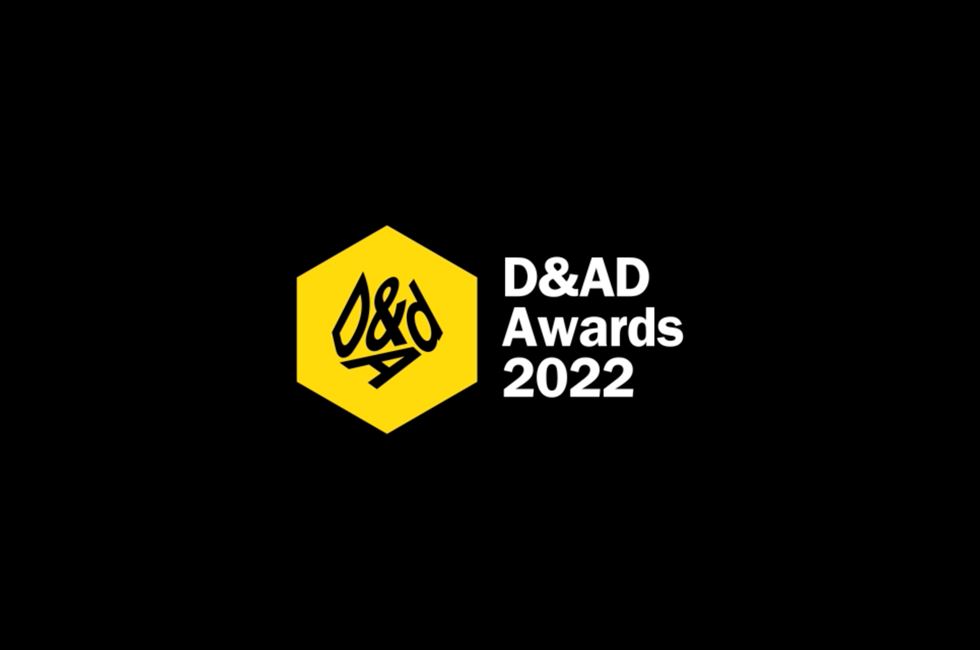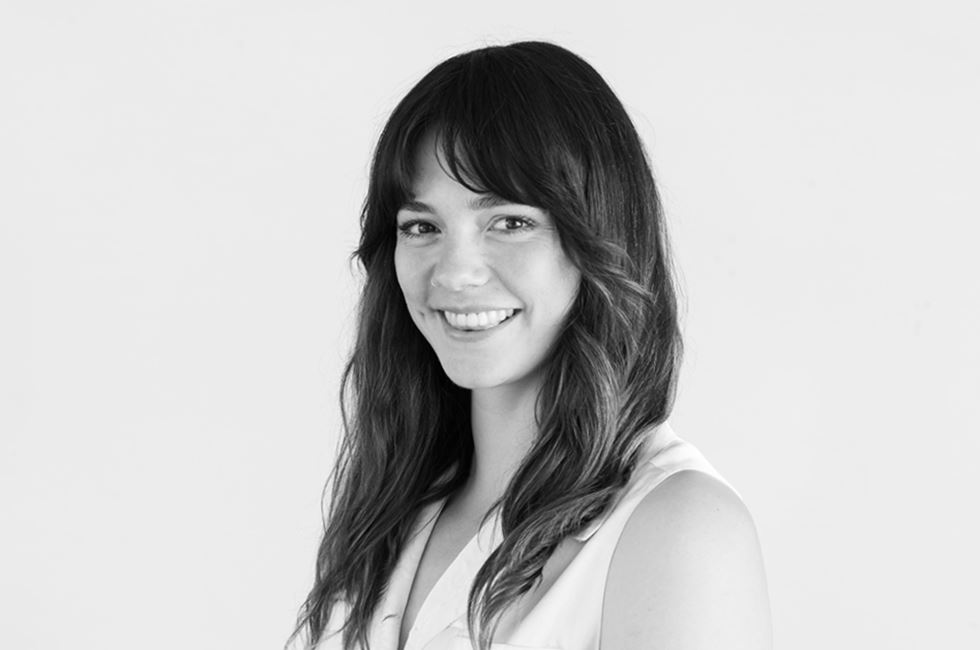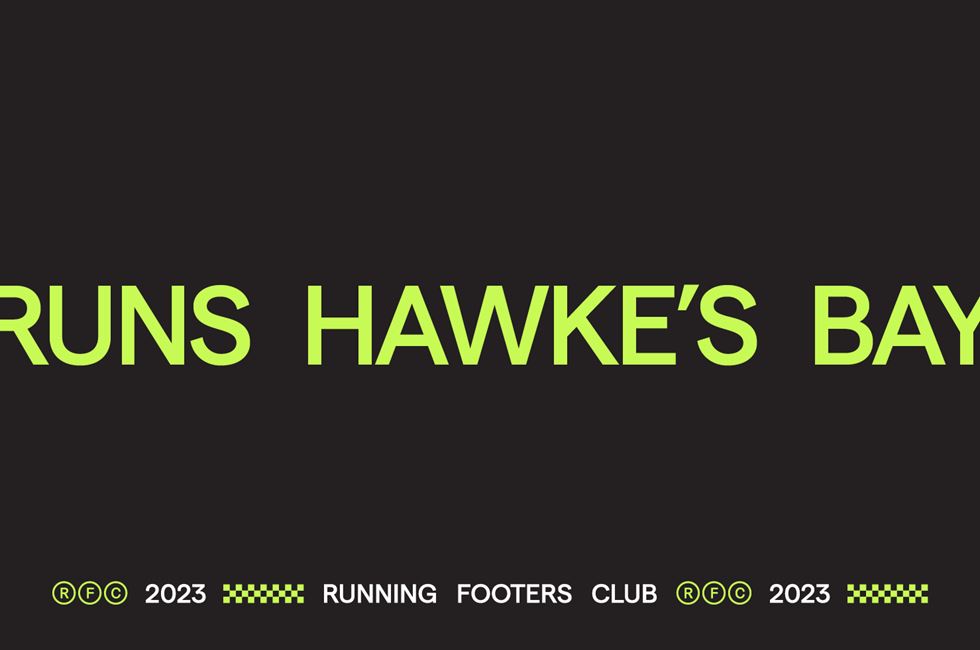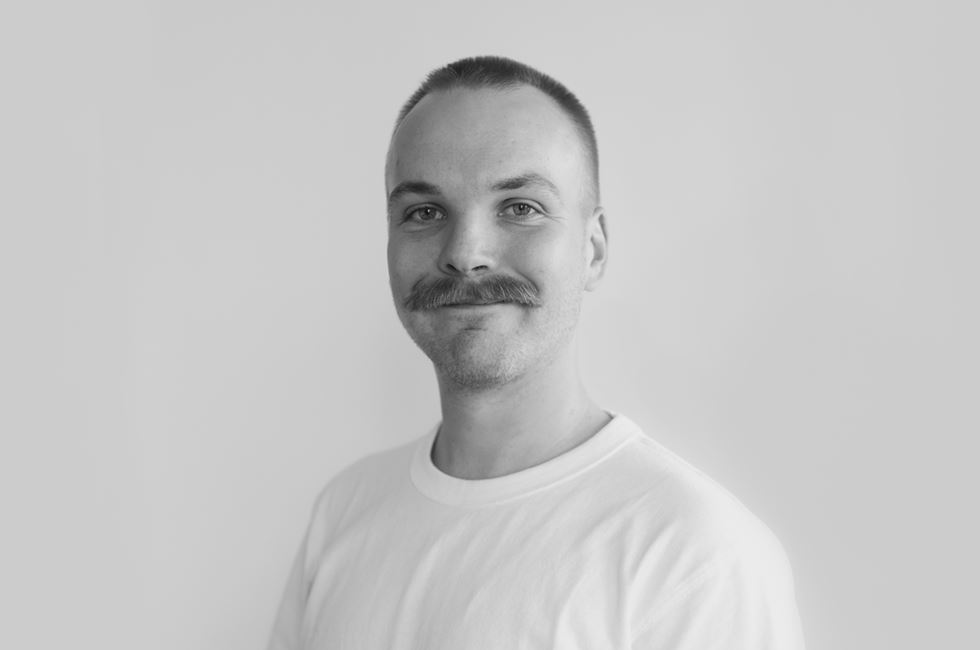A chat with Holly
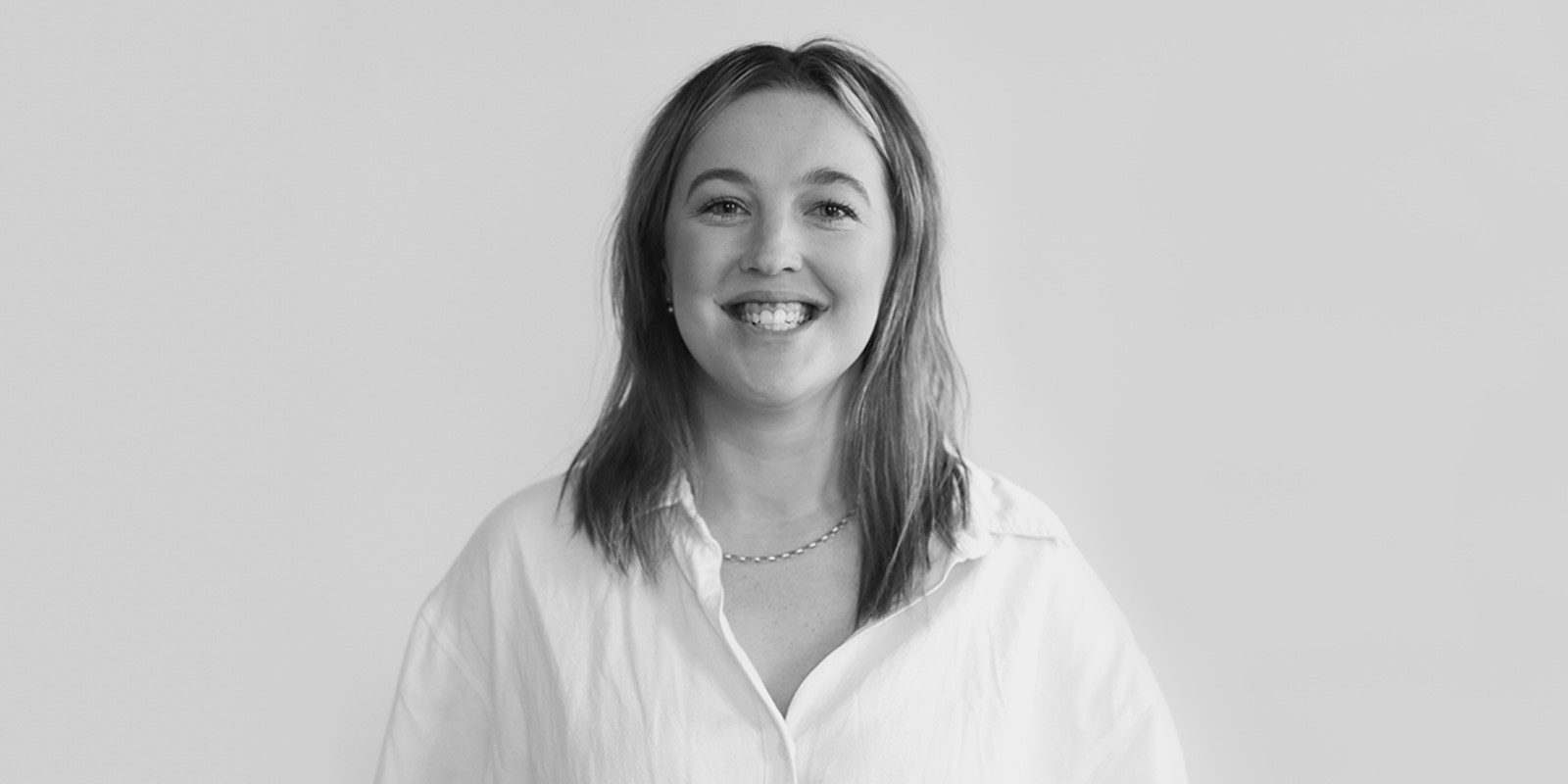
Looking to maximise the potential of your next project? Join us as we sit down with Project Manager Holly, who shares how her design background is a superpower when it comes to bridging the gap between client expectations and creative vision.
What got you into Project Management?
To be perfectly honest, I kind of fell into it. I trained as a Designer at Massey University in Wellington and while developing my honours project, Connect The Spots, I discovered I actually wanted to become a Strategist. As I delved into the project, I discovered a passion for using critical thinking to analyse human truths and develop a comprehensive plan of attack. Much like Project Management, it’s like a jigsaw puzzle and seeing the pieces fall into place is really rewarding.
Wanting to give strategy a go, I reached out to Strategy Creative, as it’s arguably one of the best agencies in the country.
After a few conversations, Sophie [Client Director] said, “We don't have a Strategist role going at the moment but would you consider a Project Management role?”. I took the opportunity and never looked back!
What do you enjoy most about working at Strategy?
I think it’s our team Assembly. This is a monthly opportunity for us all to get together, reflect on our wins and losses and have a team bonding activity. Our industry can often be high-pressure and fast-paced, so we usually don’t get to see the work we’re not directly involved in. Assemblies are a perfect time to see what the team has accomplished, and share some love.
What does your day to day look like?
My day to day is hectic to say the least. We have quite a lot of different clients at Strategy, which means my portfolio of active work from week to week, kind of varies. I’m often working with anywhere between 10 to 25 clients at any one time, so it's pretty full-on.
How has your design background helped your role now as a Project Manager?
In my opinion, having a design background as a Project Manager is a bit like having a superpower. It gives me a deep understanding of what "best in class" work looks like, as well as familiarity with all the jargon and terminology. Overall, it, allows me to communicate and give feedback in a way which can be different to other Project Managers.
This unique understanding also helps me communicate the value of creative work to a client, helping to bridge the gap between the client's expectations and the creative vision.
What has been your most challenging but rewarding project?
There’s a few that spring to mind, but my favourite right now is definitely the Stop Services Project.
The Stop Services have a vision of 'A community free from sexual harm' - He Hapori Wātea Taitōkai. They empower adults, adolescents and children who engaged in concerning and harmful sexual behaviour by providing them with skills to negotiate positive relationships.
Whilst Stop is successful, there is currently limited support available to help adults in positions of responsibility (eg. School counsellors, pastoral carers, parents & caregivers etc). Stop wants to help these adults intervene early and navigate an adolescent’s behaviour when it is concerning, so it doesn't escalate and meet the criteria for STOP’s assistance. We are working with Stop to help provide this support through a digital educational tool.
It’s challenging, obviously, in terms of the subject matter — some of the content can be quite confronting — but also in the fact that the project is really fluid. We don’t actually know entirely what we’re creating, yet. This means I have to be super agile in the way I work. There are a lot of unknowns which present challenges when it comes to pre-planning. A big part of this job is pre-empting the risks and planning how we can mitigate them, should they occur.
However, it’s already been so rewarding seeing the project come to life because it's going to make such a difference in young people's lives. I think helping to provide AIPORs with the tools to facilitate tough conversations with adolescents/teens, enabling them to think more critically about the situations they're putting themselves in, is pretty powerful.
Tell me about an influential moment or person that changed the way you work.
I think, anytime I interact with another person in our business it changes the way I work slightly. Working in a smaller agency means you’re constantly interacting with different people within the business - each with a varied skill set, different experiences and different ways of thinking.
Take my experience with working with Ryan, one of our Creatives. I’ve had the chance to work with him on a few briefs recently, and I’m always fascinated by his curious approach towards every project and client. He does not hesitate to ask clients tough questions, and in fact, he relishes in them. This approach often leads to him developing work which isn’t necessarily exactly what the client has asked for, but is something that will achieve the client's desired outcome in a much more impactful and successful way.
His approach to work has really influenced how I approach the briefs we receive from clients. Instead of focusing on the deliverable our client has prescribed, I now focus on the client's key purpose and why they are coming to us. It has also challenged me to trust the process (cliché, I know), when a Creative comes up with an idea that’s not necessarily what I, or the client, might have expected to see.
Therefore, I think it’s hard to pin it down to one person or one moment that has changed the way I work, because every day I benefit from learning from those around me.
How do you think a project reaches its full potential?
This might be controversial, but I sometimes think the best projects come from throwing all of the rules out the window and trusting a crazy, creative idea.
Take Te Anau Time, for example - we definitely didn’t follow our normal process, as we had to be fast-moving and reactive to the environment around us. However, that led us to one of the most impactful and successful pieces of work I have been a part of, so far.
If an idea is equally exciting as it is scary, then it usually has the potential to be something amazing.
And what about the other side of the coin? What can the client do to enable a project to reach its full potential?
I think whether you’re going by the book or throwing caution to the wind, there are still a few things a client can do to help ensure success:
- Having one key point of contact on the client-side is really helpful in keeping things organised and streamlining communication to avoid conflicting feedback.
- I also think when clients view us as partners, we can provide more value and achieve better results. I find it much better when clients provide us with their annual marketing budget so we can collectively plan and holistically work out how it should be best spent to achieve their desired outcomes.
- I think it’s important that clients work with us to build the relationship so that there is trust and transparency on both ends, as it allows us to have honest conversations and makes difficult decisions easier to tackle.
And how do you think you go about building that relationship with the client?
I think it's important to come from a place of empathy and curiosity.
Empathy means putting yourself in the client’s shoes to really understand and relate to their perspective and unique business challenges.
Curiosity, for me, means asking thoughtful questions to gather information about the client's briefs, aspirations, constraints, and preferences. I also often find the best partnerships are the ones where my clients are equally curious about our methodology. We are religious with our process, so I think sometimes it’s easy for us to forget that clients may not be familiar with it. I love it when they ask me questions to really try and build their own understanding — it really helps to build trust between us.
What is one piece of advice you would give to a young Project Manager?
Don’t underestimate the importance of learning the basics and doing them well. They might seem tedious and menial, but if you learn to do the fundamentals really well and consistently, it will set you up for success in the long run.
-
Currently…
Obsessing over French — taking classes at Alliance Française and practising with our lovely French PM Lila in our spare time.
Reading Thinking, Fast and Slow by Daniel Kahneman (I’ve been stuck on this one for a while).
Listening to Call Her Daddy (Podcast).
Watching Formula 1 (always!)
Wishing I was in Europe, baby!
